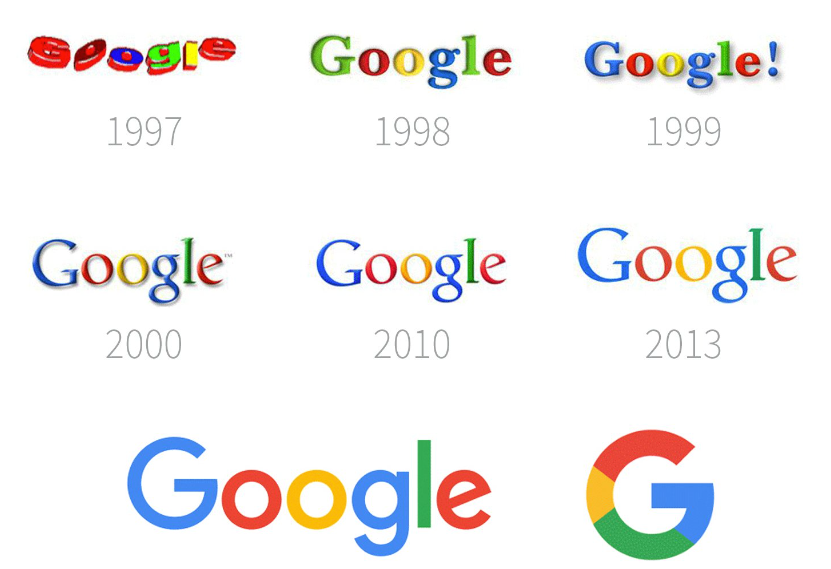Published
|Last updated
Rebranding
Learn what a popular - rebranding - means in online marketing.
Published
|Last updated
Learn what a popular - rebranding - means in online marketing.
![What is a Rebranding - [Marketing Dictionary]](/assets/img/dictionary-background.webp)
What is Rebranding
Rebranding is a marketing strategy that involves changing the name, logo, design, and/or messaging of an existing brand. The goal of rebranding is to create a new corporate identity, that helps the brand resonate better with its target audience, reflect changes in the company’s values or offerings, or differentiate it from competitors. Rebranding is a strategic approach taken by businesses to change their visual identity and messaging, with the ultimate goal of driving new business growth and increasing brand awareness. This process often results in a new brand name, a new logo name, tagline, colour scheme, website design, and marketing messaging designed to create a fresh image that resonates with consumers. Rebranding typically occurs when a company has undergone significant changes, such as mergers, acquisitions, or a change in ownership, or simply as part of a broader marketing strategy.

There are numerous reasons why companies may undertake rebranding. Some reasons may include changes in the company logo target market, or industry, to differentiate from competitors, to reflect changes in values or offerings, to appeal to a new audience, or to shift away from negative brand associations. Rebranding can also create greater brand awareness, improve brand reputation, and drive overall business growth.
Rebranding can have many benefits, including helping business owners stay relevant in the ever-changing market and industry landscape. It can help improve the perceived value of a brand’s audience, refresh an outdated brand image, and create a new narrative around the company’s values and messaging. Rebranding can also help to differentiate a brand from competitors and attract new customers or stakeholders. Ultimately, rebranding can help drive greater business growth, increase revenue, and enhance brand loyalty.
Some notable examples of successful and rebranding branding efforts may include:
Overall, rebranding can be an effective marketing strategy when done correctly, helping businesses in new markets stay relevant and drive growth in new market.
❤️ Spread the word! ❤️
Found this guide valuable? Share it with your colleagues to help them boost their local marketing results too!
Powered by Localo 2026